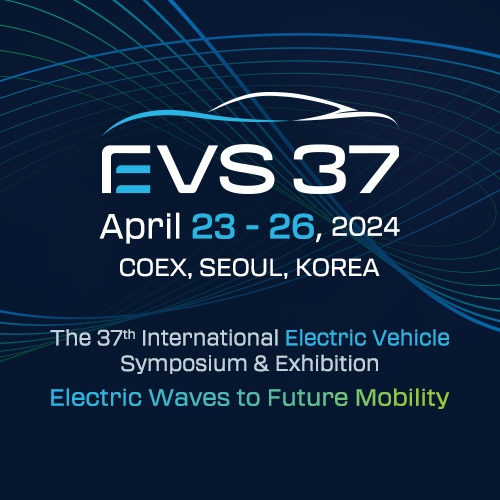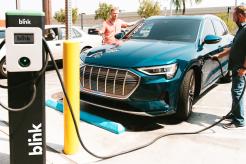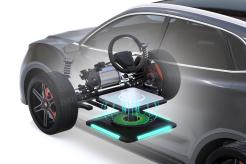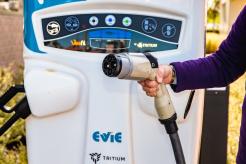As electric vehicles (EVs) become more available, startups work to create new methods for lithium-ion battery recycling. Such components are critical but challenging to source, and the solution to growing demand is a reliable and effective process for reuse.
Why Recycle EV Batteries?
While the push for sustainability is a significant part of the importance of recycling lithium-ion batteries, it is also a safety concern. The batteries become a fire hazard when thrown away normally, putting waste facilities and workers at risk.
Although the continued use of EV batteries is necessary, ethical and environmental concerns surround it. For example, the International Labor Organization estimates 160 million child laborers mine minerals for future production. Increased demand for EVs requires more mining operations, which may cause unethical forced labor practices to rise.
Since typical lithium-ion batteries only last around 500 charge and discharge cycles before degradation, the valuable minerals they contain are eventually rendered useless without a recycling method. An alternative is essential to maintain manufacturing rates for an increased demand for EVs.
A Level 3 charger and battery offer the best range of 100 to 200 miles on a single charge. A replacement will be necessary after 50,000 to 100,000 miles due to battery decay.
Startups With New Battery Recycling Methods
In a show of support for EVs and the supply chain, startups present new battery recycling methods superior to conventional ones. They range in effectiveness and style, but each offers a unique solution for the industry’s challenges.
1. Posh
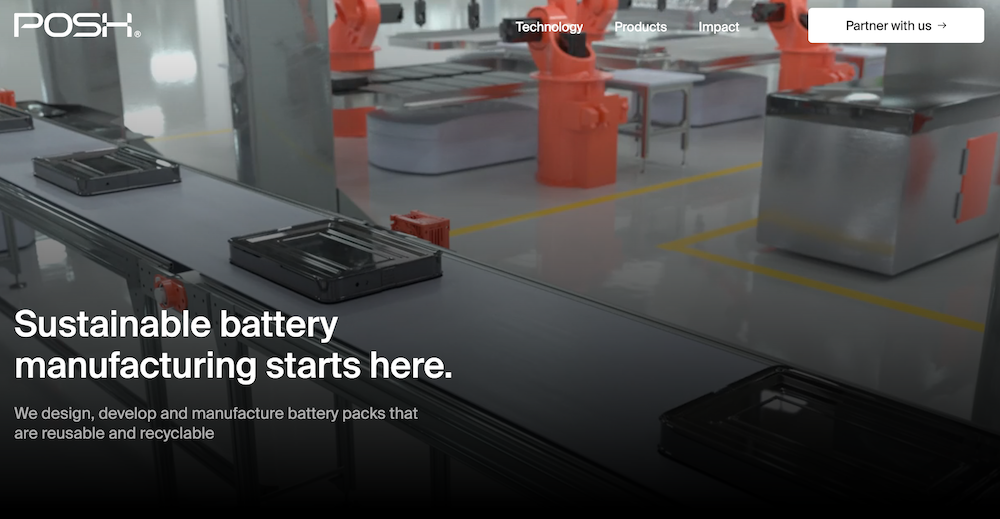
The startup automating battery recycling is called Posh. It uses an assembly line of robotics for disassembly. The concept came as a response to the inefficient process, considering new batteries are often produced automatically but are recycled differently. The company works to support the demand for new EVs with its highly effective and cost-efficient process.
2. Ascend Elements
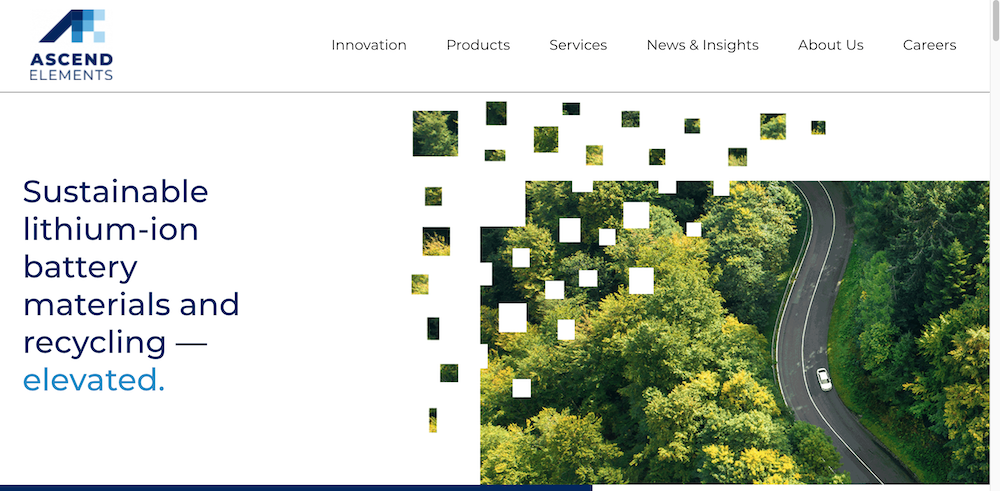
The startup Ascend Elements recycles used lithium-ion batteries into a version that lasts longer, charges faster, and pollutes less than the original. It has a generalized consumer electronic recycling program, but up to 90% of operations at its Covington facility deal with scrap materials from batteries. Its focus is on EVs, and its work aims to support a future increase in demand.
The company’s sustainable business model drew the attention of government agencies. The United States Department of Energy awarded two grants totaling $480 million to Ascend Elements to manufacture sustainable batteries from used versions. This could result in $4.4 billion of economic growth for the facility’s surrounding area.
Ascend Elements provides a sustainable alternative that may offer a long-term solution for the challenge of production and reuse.
3. American Battery Technology Company
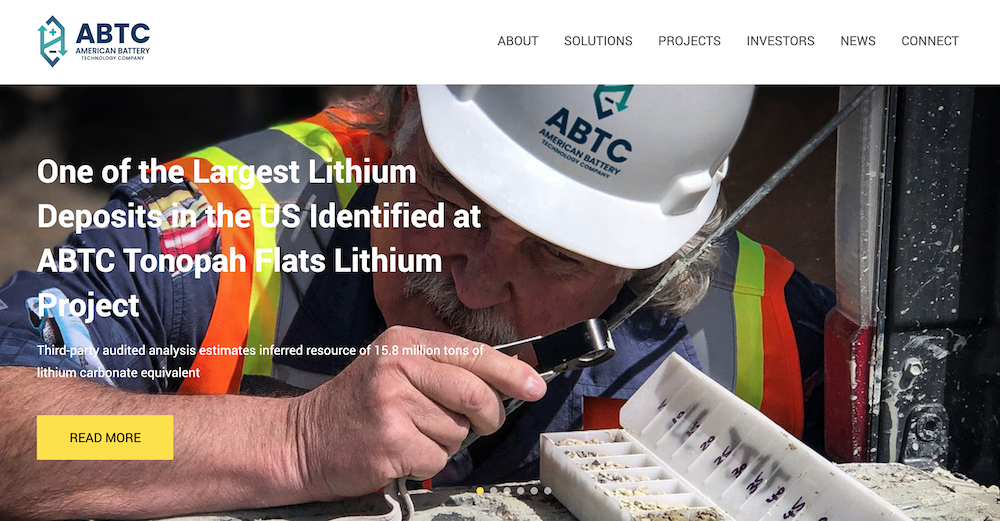
The American Battery Technology Company is a startup using a chemical process on lithium-ion batteries after disassembly to extract materials for new versions. The business’s approach is highly efficient, so it can quickly remove and refine minerals to provide a source for buyers in the United States.
The company plans to build a plant in Nevada to process 20,000 tons of batteries annually. The eventual goal is to open another with ten times the production capacity, but the future of other facilities depends on the success of its initial investment.
4. Redwood Materials
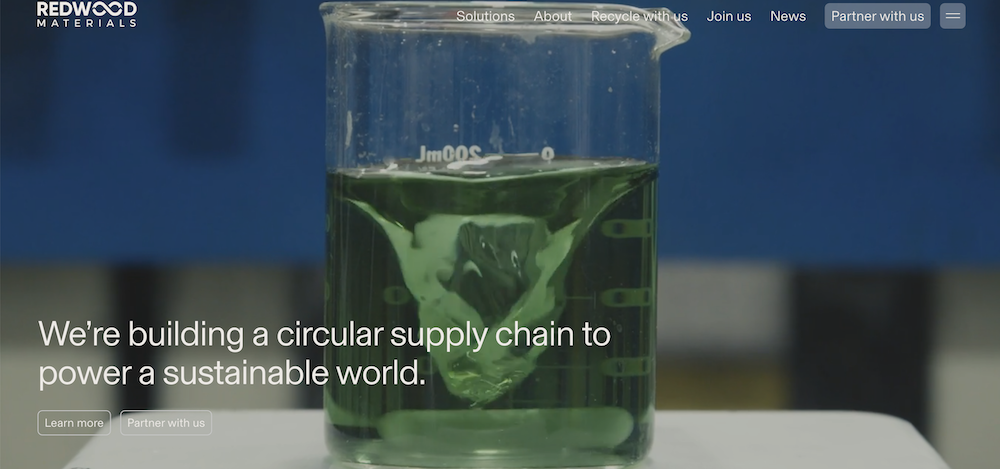
Redwood Materials is an enterprise based in the United States with a focus on using technology to remanufacture and recycle batteries for EVs. The process relies on separating and refining two main components of used batteries because they are precious and not readily available.
In 2023, the DOE granted a $2 billion loan to the startup so it could build a facility in Nevada to turn scrapped materials into new battery cells. The increased capabilities will result in new jobs and a more reliable supply of EV battery components.
This startup emphasizes the reuse of critical minerals since they are valuable and a limited resource. Because the materials are not produced domestically, the required supply chain will cost local automakers $150 billion by 2030. A technological recycling method that creates a local source of parts can save manufacturers money, which also translates to consumer savings.
5. ReCell
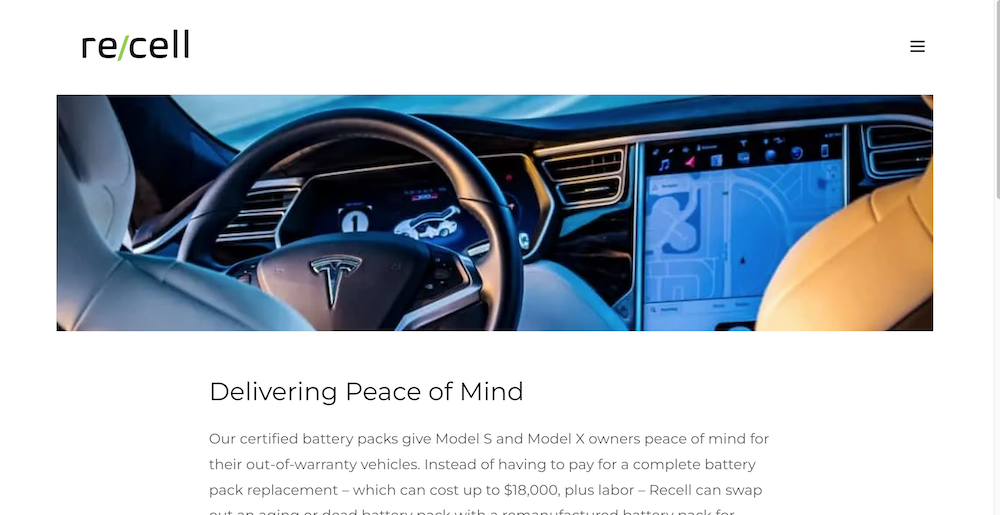
ReCell is a startup run by the DOE to study and produce sustainable recycling methods for lithium-ion batteries. Since their material is highly sought after, the goal is to separate each part efficiently and effectively. It differs slightly from other organizations because it is heavily data-driven and research-focused.
6. Emulsion Flow Technologies
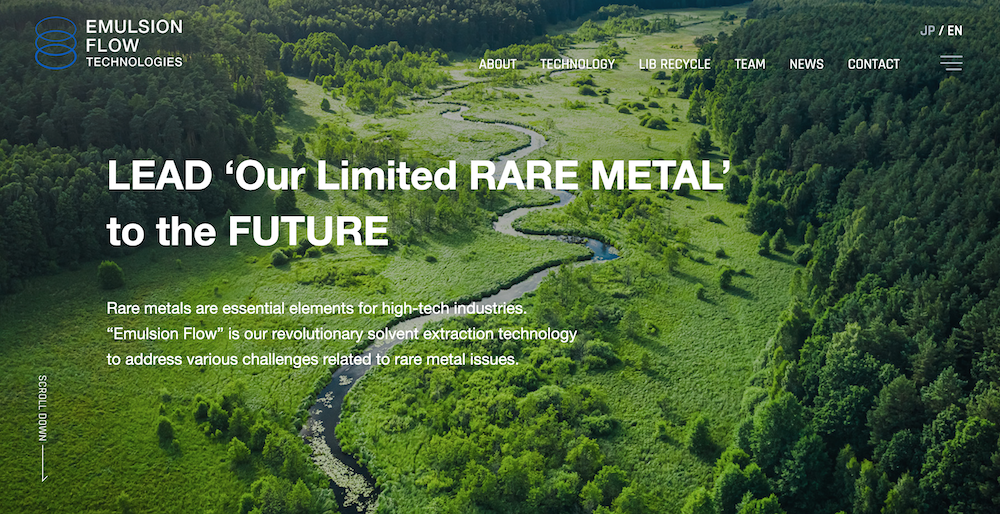
The Japanese startup Emulsion Flow Technologies developed an extraction process it claims is 100 times faster than traditional methods. The process uses an oil and water solution because it does not mix, which allows the business to collect the valuable minerals when they separate from the rest of the battery.
The emulsion process that gives the company its name is more refined than conventional methods. Since it is highly efficient, it has a better environmental impact and lower operating costs than other processes.
7. Li-Cycle
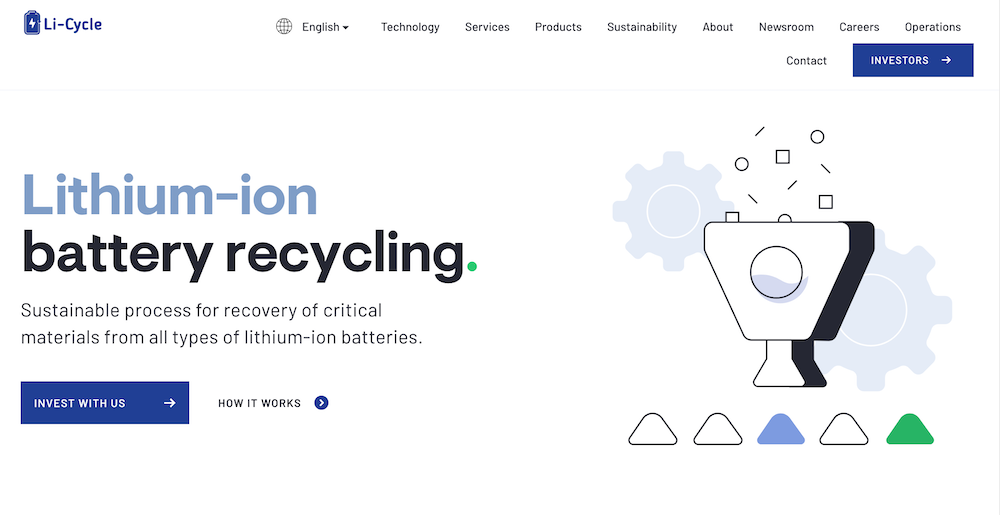 The government granted the Toronto-based startup Li-Cycle a $375 million loan in 2023 to expand its EV battery resource recovery plant. This company focuses on the life cycle of components after the initial recycling process to manufacture reusable parts. Its practice stems from the concept of a closed loop, where materials are fully recovered.
The government granted the Toronto-based startup Li-Cycle a $375 million loan in 2023 to expand its EV battery resource recovery plant. This company focuses on the life cycle of components after the initial recycling process to manufacture reusable parts. Its practice stems from the concept of a closed loop, where materials are fully recovered.
The new facility will operate at a high estimated capacity. After becoming fully operational, it will process 203,000 EV batteries every year. The startup may become one of the largest domestic sources of lithium-ion battery components if it successfully opens the new plant.
The Future of EV Battery Recycling Lies With Startups
Concerns like forced labor and environmental damage impact manufacturers and consumers alike. These startups recognized the growing challenges facing the EV industry and responded with unique solutions. Whether chemically extracting, separating through emulsion, or using a robotic assembly process, each has a cost-effective and highly efficient method for recycling and reuse.
Featured image by Image by WangXiNa on Freepik.

